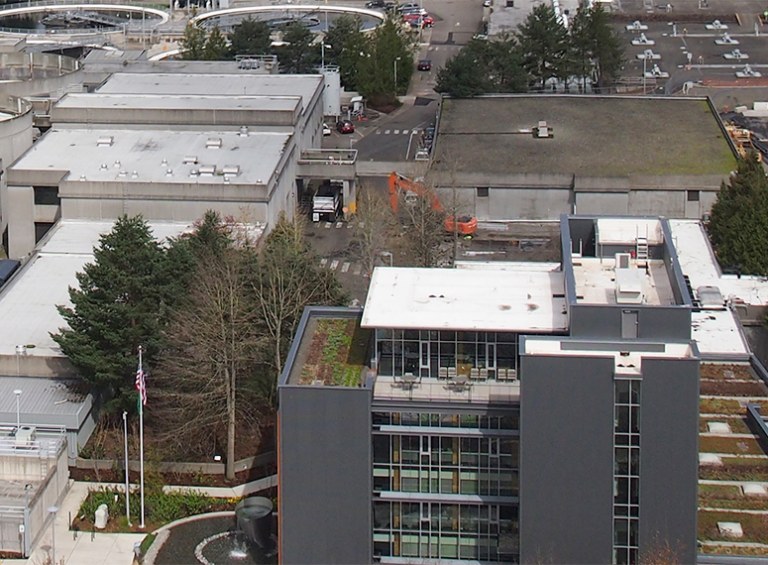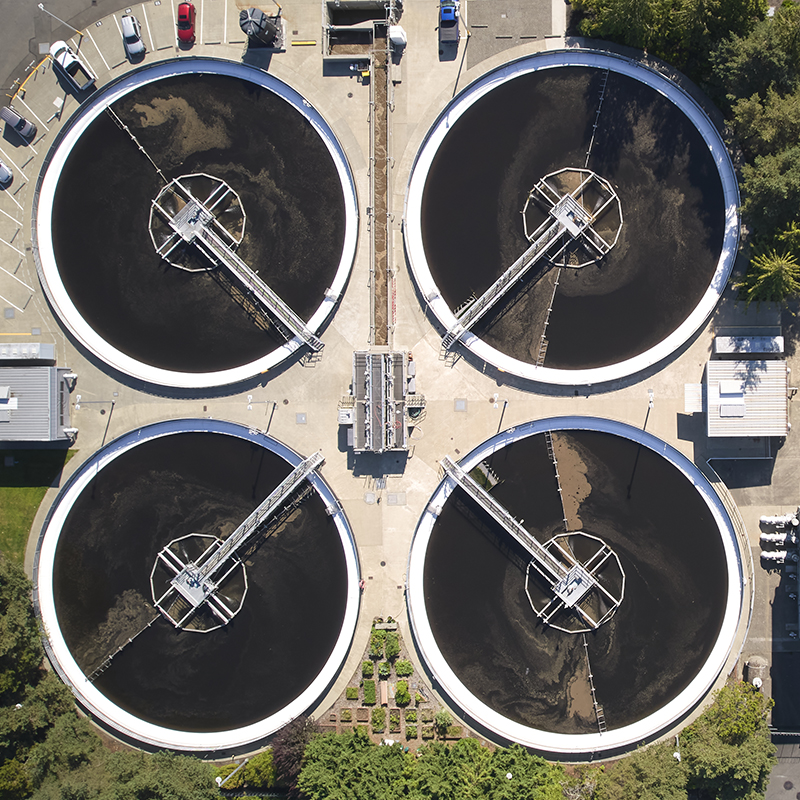Responsible Financial Management
One of LOTT’s key objectives is to manage utility finances in an economical, responsible, efficient and sustainable manner. As a public, non-profit organization charged with providing an essential public service, LOTT must manage funds efficiently and responsibly. LOTT patterns its utility management on a private sector model, striving for “true cost accounting” to ensure accurate management and distribution of costs, with checks and balances that offer transparent accountability.
Each year, LOTT prepares a comprehensive financial report that is submitted to the LOTT Board of Directors, the Washington State Auditor’s Office and the Government Finance Officers Association for the previous year. LOTT has been awarded the Certificate of Achievement for Excellence in Financial Reporting each year since 2007 for its high standards in reporting.

Questions About Billing
LOTT does not bill sewer customers directly. Instead, bills are issued by the city that provides sewer service to the customer’s property. For billing questions, please contact the city that issues your bill.
Budget and Capital Improvements Plan 2025-2026
LOTT’s Budget and Capital Improvements Plan (CIP) for 2025-2026 is about 71% capital costs and 29% operating costs. The budget is capital intensive due to a number of large-scale projects necessary to sustain the Budd Inlet Treatment Plant, LOTT’s main treatment facility. Key projects include Digester System Improvements, North Pipeline Upgrade and Martin Way Pump Station Improvements. The CIP includes over $225 million in necessary upgrades to the wastewater treatment and conveyance facilities over the next six years.
The Board approved rates for 2025 and 2026 at their October meeting. Both the monthly charge and the connection fee include a 3% annual inflationary adjustment to account for anticipated increases in the cost of construction. For 2025, the monthly charge is $47.52, increasing $1.38 from the 2024 rate. For 2026, the monthly charge is $48.95. The fee for new connections in 2025 is $7,434.99, and in 2026, it is $7,806.74. The connection fees include an additional 2% adjustment for costs associated with a pilot affordable housing support program.
